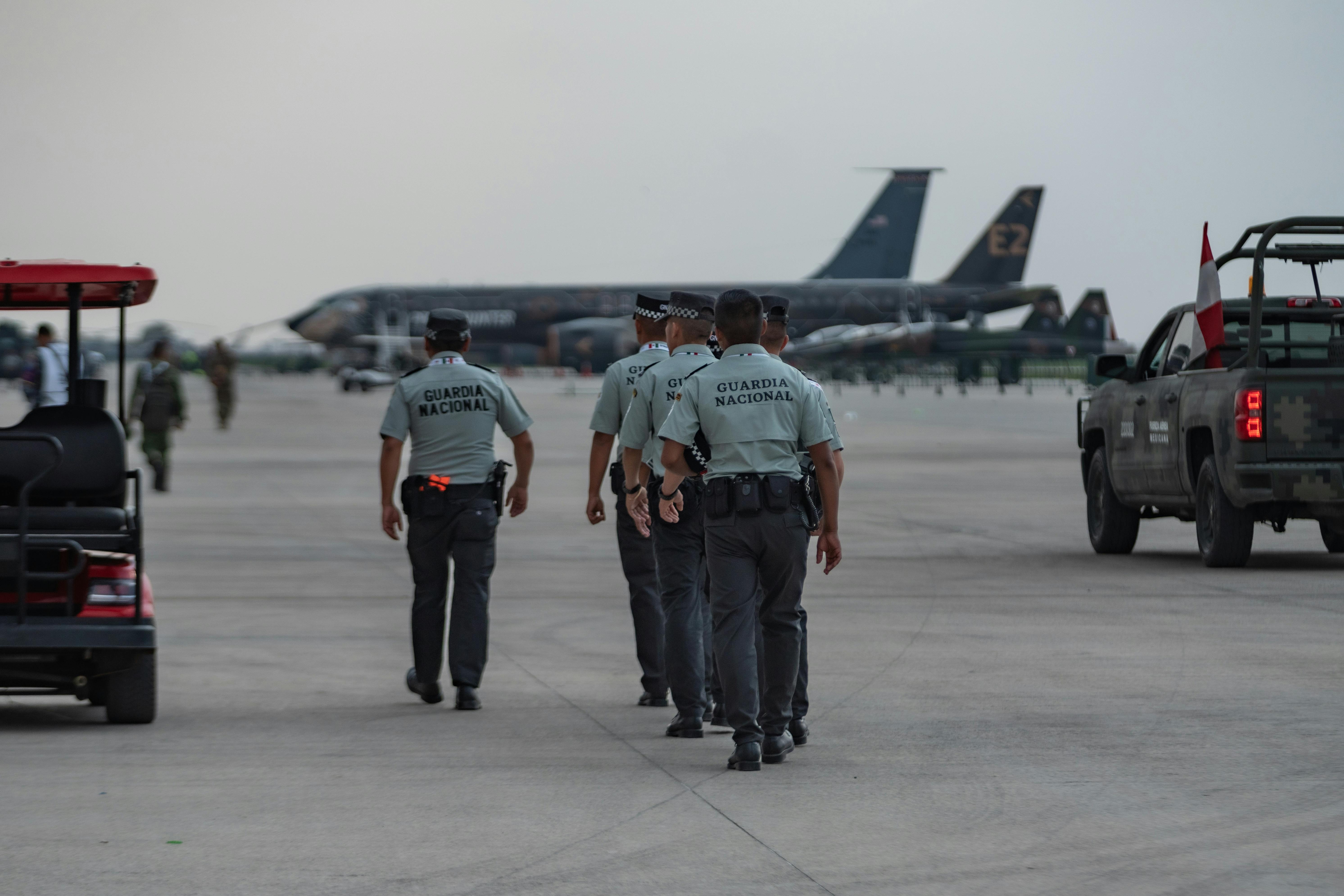Abstract
This article examines Italy’s multifaceted approach to counter-terrorism, focusing on the intersection of security, rehabilitation, and rule of law. Following the global shift in security paradigms post-9/11, Italy has reinforced its legal and institutional frameworks to combat terrorism, including the enactment of Law 438/2001 introducing the offence of international terrorist association and the establishment of the Financial Security Committee. The national strategy integrates European Union policies, such as the Action Plan against Terrorism and compensation measures for victims. Central to Italy’s model is the coordinated role of law enforcement agencies, intelligence services, judiciary authorities, and prison administrations, particularly through structures like the Strategic Counter-Terrorism Analysis Committee (C.A.S.A) and the Central Investigation Unit (NIC). The article highlights the categorisation of intelligence into three domains—security, judiciary, and behavioural—and stresses the importance of maintaining distinct, independent information flows to ensure proportionality, non-discrimination, and procedural safeguards. Through a constitutional lens, the system seeks to uphold fundamental rights and equal treatment for all, including detainees, by preserving the supervisory authority of surveillance judges and insulating rehabilitation processes from security-based discrimination. This analysis underscores the Italian model as a rule-of-law-based framework for balancing national security and fundamental freedoms.

